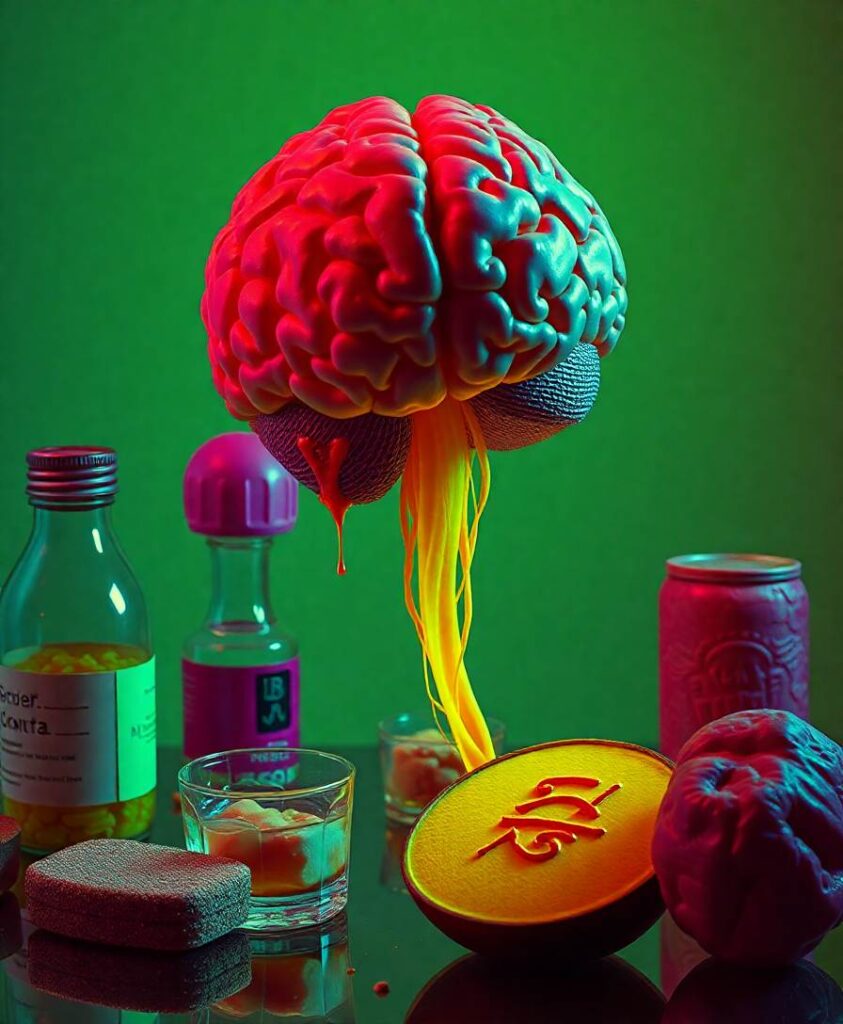Harvard’s groundbreaking research into lithium represents a profound shift in how we conceptualize neurodegenerative conditions. Rather than viewing Alzheimer’s as an inevitable decline, researchers are uncovering molecular mechanisms that could fundamentally transform prevention and treatment strategies. Their discovery suggests lithium isn’t merely a psychiatric medication, but a critical neurological guardian with potential to protect cognitive integrity.

This research resonates deeply with my work examining how microscopic interventions can dramatically reshape human potential. By identifying how specific molecular interactions trigger neurological changes, scientists are developing targeted approaches that could help individuals maintain cognitive resilience throughout aging. The possibility of restoring memory and preventing neurological deterioration speaks to our remarkable human capacity for adaptation and healing—a theme that has consistently inspired my research into human developmental potential.
Harvard scientists have uncovered that lithium, a naturally occurring element in the brain, may be the missing piece in understanding Alzheimer’s. Their decade-long research shows that lithium depletion—caused by amyloid plaques binding to it—triggers early brain changes that lead to memory loss. By testing new lithium compounds that evade plaque capture, they reversed Alzheimer’s-like damage and restored memory in mice at doses far lower than those used in psychiatric treatments.


